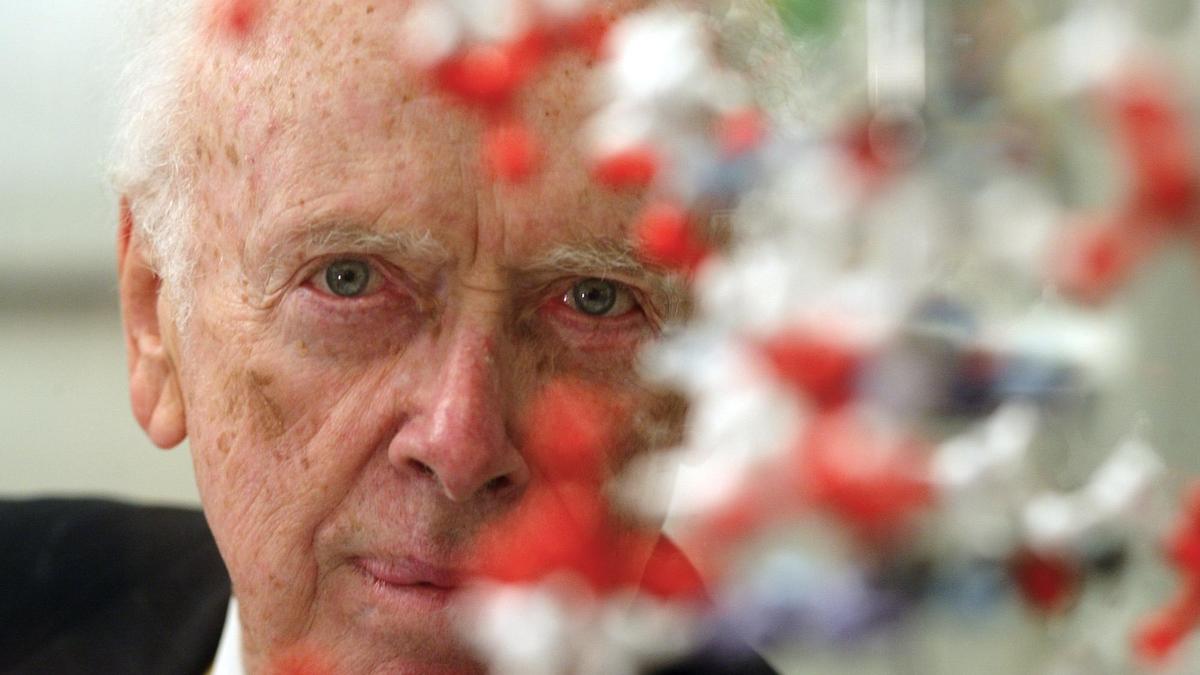Home / Health / Nobel Laureate James Watson, DNA Pioneer, Dies at 97
Nobel Laureate James Watson, DNA Pioneer, Dies at 97
11 Nov
Summary
- James Watson, co-discoverer of DNA's double-helix structure, dies at 97
- First clinical trials of pig kidney transplants begin in New York
- Concerns raised over increasing use of AI in medical diagnostics

Last month, the world bid farewell to a pioneering scientist who fundamentally shaped our understanding of the human body. James Watson, the Nobel laureate who co-discovered the double-helix structure of DNA, passed away on November 8th at the age of 97. Watson and his colleague Francis Crick were awarded the 1962 Nobel Prize in Physiology or Medicine for their groundbreaking work, which laid the foundation for modern biology and opened the door to revolutionary advancements in fields like medicine, forensics, and genetics.
In other medical news, the first clinical trial of pig kidney transplants has begun in New York. United Therapeutics, a company producing gene-edited pig kidneys, announced that the initial transplant was successfully performed at NYU Langone Health. This marks a significant step forward in the quest for animal-to-human organ transplants, which could revolutionize the field of organ transplantation worldwide.
However, the increasing use of AI in medical diagnostics is also raising concerns. Tech giants like Microsoft and Meta Platforms have launched teams targeting AI-powered medical breakthroughs, raising fears about the potential for biases and risky behaviors. Experts caution that adequate human oversight is crucial as these AI-driven initiatives continue to expand in the healthcare sector.




